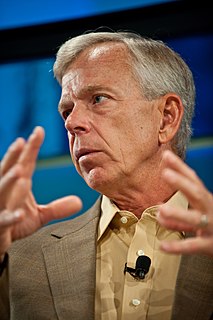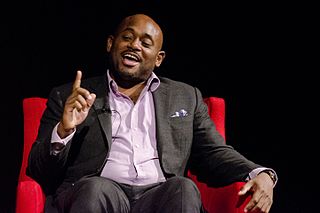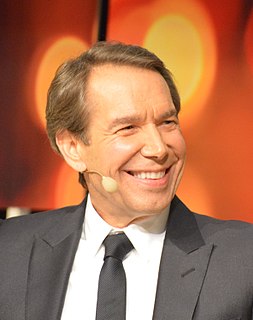A Quote by Richard Edelman
Advertising has always been the 'head boy' of the communications industry, but not anymore. Now the rest - creative, digital, and media - is just as important.
Related Quotes
At Verizon, we've been strategically investing in emerging technology, including Verizon Digital Media Services and OTT, that taps into the market shift to digital content and advertising. AOL's advertising model aligns with this approach, and the advertising platform provides a key tool for us to develop future revenue streams.
think there's a culture of Silicon Valley that seems to have the attitude that you can have it both ways, that you can be an insurgent but also, ultimately, it's paid for by advertising, when in fact advertising is totally retrograde. Now that's an industry we should be disrupting, and maybe you disrupt it by funding public media. None of this is technological destiny; there are only social choices.
The entertainment industry, the advertising industry have taken [the] tools from the art world and made themselves much more politically potent. We are really devastated and very impotent right now. A photographer just working for an advertising company has a platform to be much more politically effective in the world than an artist.
I am a bohemian person. I don't speak German, and I live in a foreign country where all the signs are in German. I did that deliberately. I'm like a ghost. Look at how much media and advertising you're subjected to, this mindless chatter of advertising. I just block it out so effortlessly because it's all a foreign language to me. It's really a good thing for my head, living in Berlin.
Defending against military-strength malware is a real challenge for the computer security industry. Furthermore, the security industry is not global. It is highly focused in just a handful of countries. The rest of the countries rely on foreign security labs to provide their everyday digital security for them.
The advertising marketplace is moving rapidly into digital videos. We know that by 2018 it is estimated that it will be a $12.2 billion business. We've been seeing the agencies combine their digital video spend with television spend and put it under one spend and just calling it "video." The pool of money is becoming much bigger. The comparisons between television and digital video are being made much more often because you can account for who's watching, you can't fast-forward through the commercials. There's a much more intimate relationship with someone watching digital video.


































